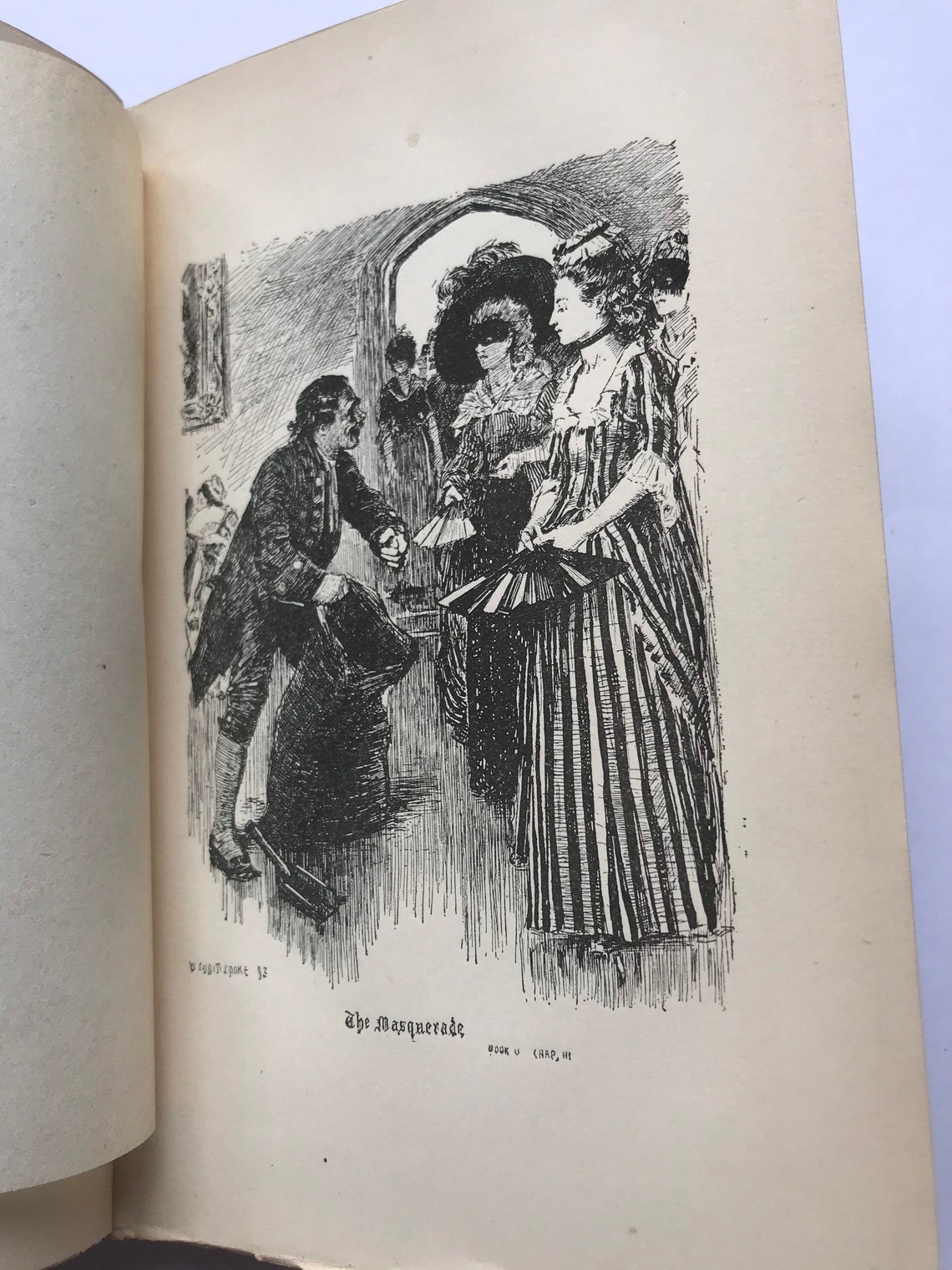

The TON misses, as they are called, who now infest the town, are in two divisions, the SUPERCILIOUS, and the VOLUBLE. I've included his exact words on this subject if you're interested in hearing them, though I warn you, he is quite voluble himself: He tells Cecilia, newly arrived from the country, that Society is made up of four groups, the Supercilious, the Voluble, the Insensiblists and the Jargonists.

It is in those sections, relatively unrelated to the main plot, that Burney's talent as an observer of her society is best demonstrated.Ī character by the name of Mr Gosport is the chief mouthpiece for her observations. The best parts are the dialogues, and not necessarily those between the heroine and hero, but the witty ones involving certain other of the characters.

Cecilia was the result, and as I read it, I thought it would indeed have made a great play in the style of William Congreve's Restoration comedies. She next wrote a play but her father didn't approve and encouraged her to save her talent and her material for novel writing shades of Shakespeare's sister? which he considered a more appropriate occupation for a young woman. It is Frances (Fanny) Burney's second novel, the first, Evelina, was written in secret but recognised as worth publishing once she dared to show it to her family and friends. in spite of often meeting the hero in the wrong place at the wrong time, when she really needs to find him, he has frustratingly just left the place she's arrived at, and not once but again and againĪs you can guess, ridiculous hindrances and interferences abound, and they become more and more farcical as the pages turn.īut having said all that, I have to admit that this novel from the 1780s has a lot more going for it than your average soap opera. each time she has an opportunity to explain herself, something happens to prevent her on each occasion that the main character goes somewhere she shouldn't go, she invariably crosses paths with someone who draws the wrong conclusions about her activities there are a set number of characters, some of whom turn up again and again serving new and unlikely plot purposes every time Yes, the more I think about it, the more parallels between this book and a soap opera occur to me:

One of my first reactions on finishing this long and melodramatic 18th century saga was relief that such unlikely plots and histrionic characters are no longer in vogue in literature-though we still have plenty of melodrama in the form of soap opera.


 0 kommentar(er)
0 kommentar(er)
